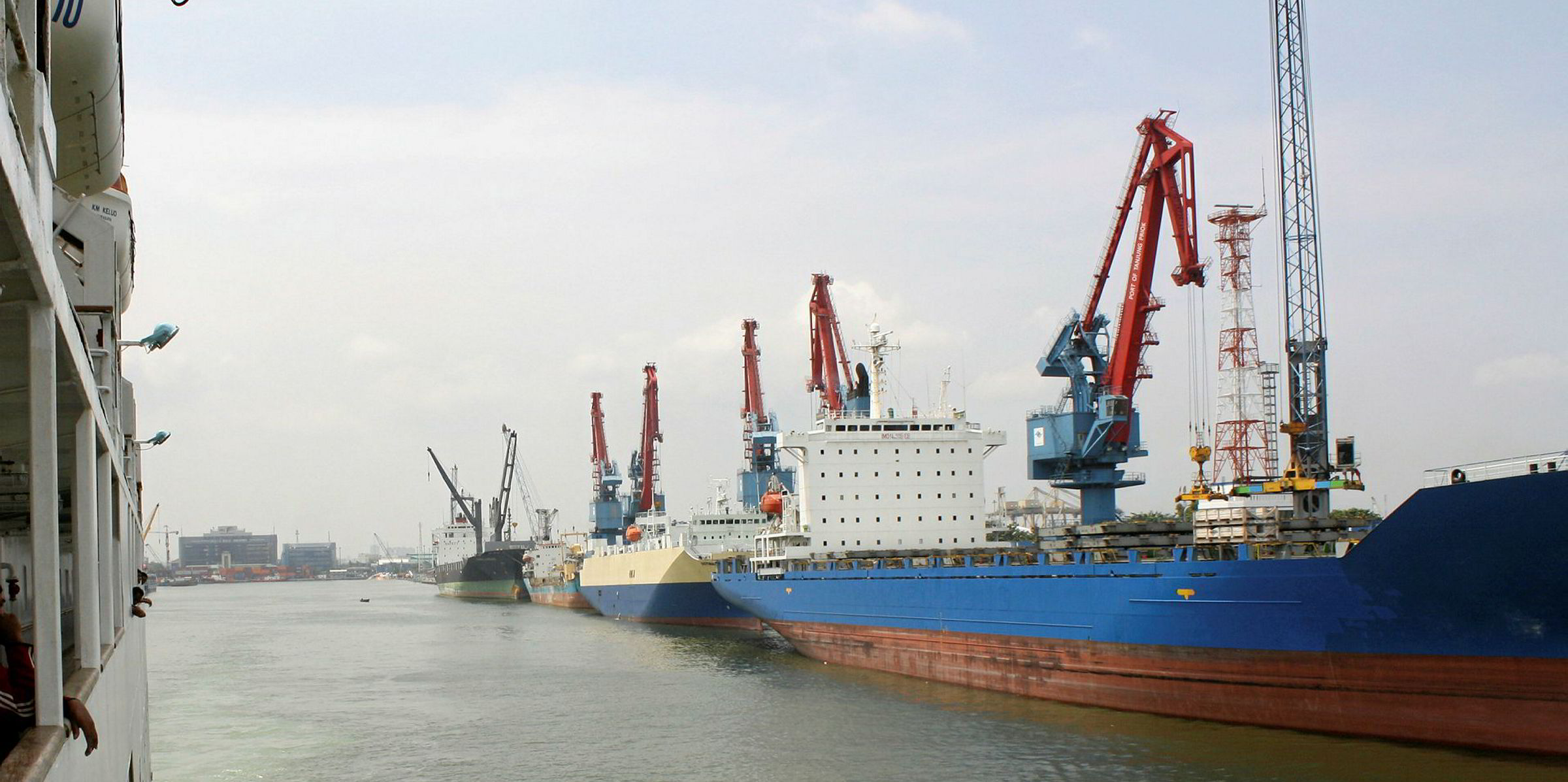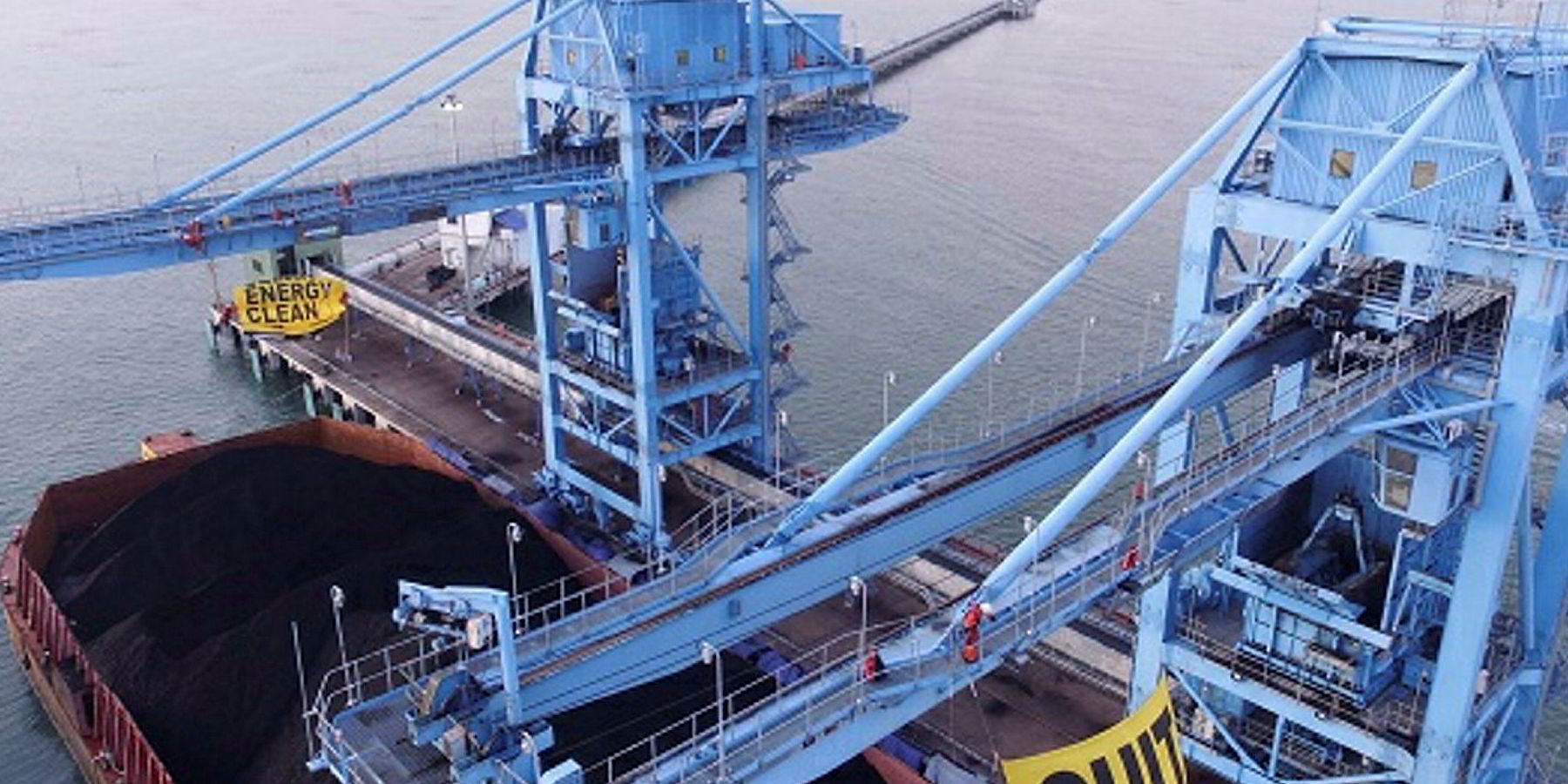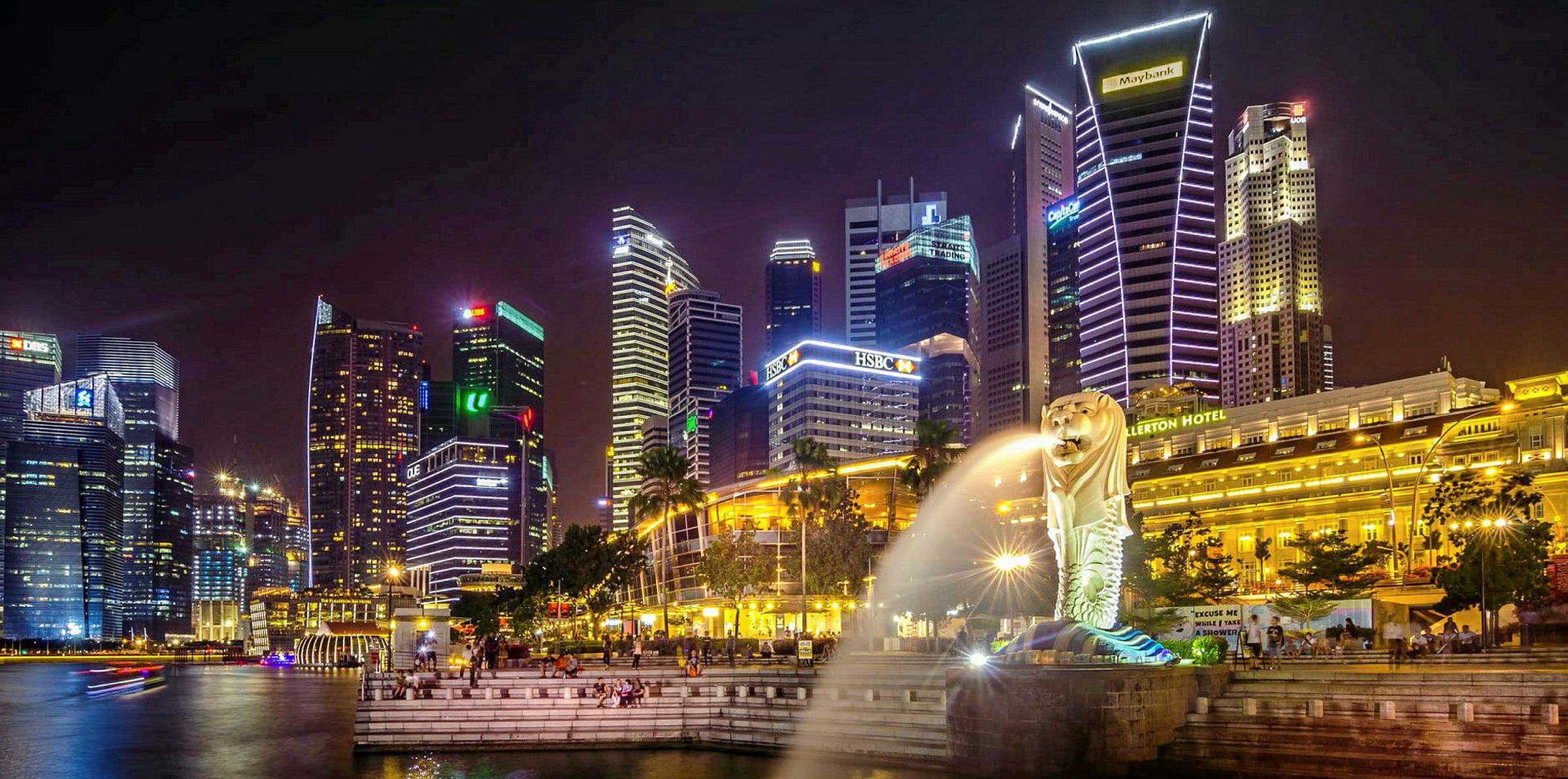Indonesia has said it will comply with the IMO 2020 bunker rules in full, in an apparent reversal of its earlier stance that Indonesia-flagged vessels in domestic trade would be exempted.
In a statemented cited by various media outlets, the country’s transport ministry said all ships may not consume marine fuels with sulphur contents exceeding 0.5% from next January.
Sudiono, the ministry’s director of shipping maritime affairs, reportedly said the rule would apply to “all Indonesia-flagged vessels…both for domestic and foreign shipping”.
State-run energy firm Pertamina will supply IMO-compliant fuels from Jakarta and Balikpapan and the ministry will ensure adequate fuel supply.
According to Intertanko, Indonesia has confirmed to the industry group that it will implement the new sulphur cap as regulated by the IMO.
The ministry has not responded to an email seeking comment.
In late July, the ministry had said the IMO rule would not be enforced on domestically registered vessels in Indonesian trade due to forecast high costs and low availability of compliant fuels, according to media reports.
Based on the earlier proposal, the exemption would not apply to Indonesia-flagged ships in international trade and foreign-flagged vessels in Indonesian trade.
The IMO’s International Convention for the Prevention of Pollution from Ships (Marpol) has required in its Annex VI that all vessels should switch to 0.5%-sulphur fuel from 3.5%-sulphur grades from 2020 unless they have scrubbers onboard.
As Indonesia is a signatory to the Marpol Annex VI, the earlier move prompted some industry backlashes.
The Trident Alliance, a coalition of shipowners and operators, warned that not fully implementing the IMO 2020 rules would bear “several legal implications”.
“A state that is party to Marpol Annex VI can be held liable in accordance with international law (ie UNCLOS, Vienna Convention on the law of treaties and the ILC Articles on State Responsibility) if it does not enforce the 0.5% sulphur limit within its waters,” the alliance said in a web statement.
“This can lead to the other participating states to Annex VI moving to expel the violating state from Annex VI, or to require the violating state to stop its action or omission and adhere to its commitment.”
The group said that shipowners and operators should recognise that compliance is not a matter between them and authorities.
“The requirement for full compliance with all applicable regulation is frequently a condition commercial contracts, bank covenants and insurance policies, to name just a few instances in which compliance is fundamental requirement of the industry,” Trident Alliance said.





